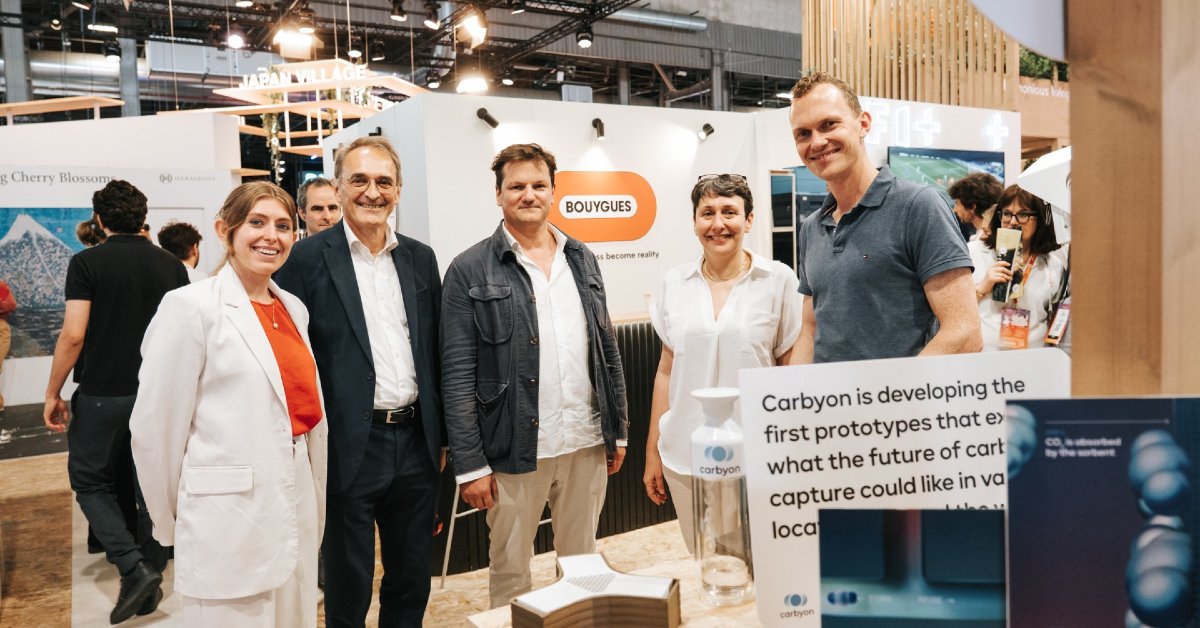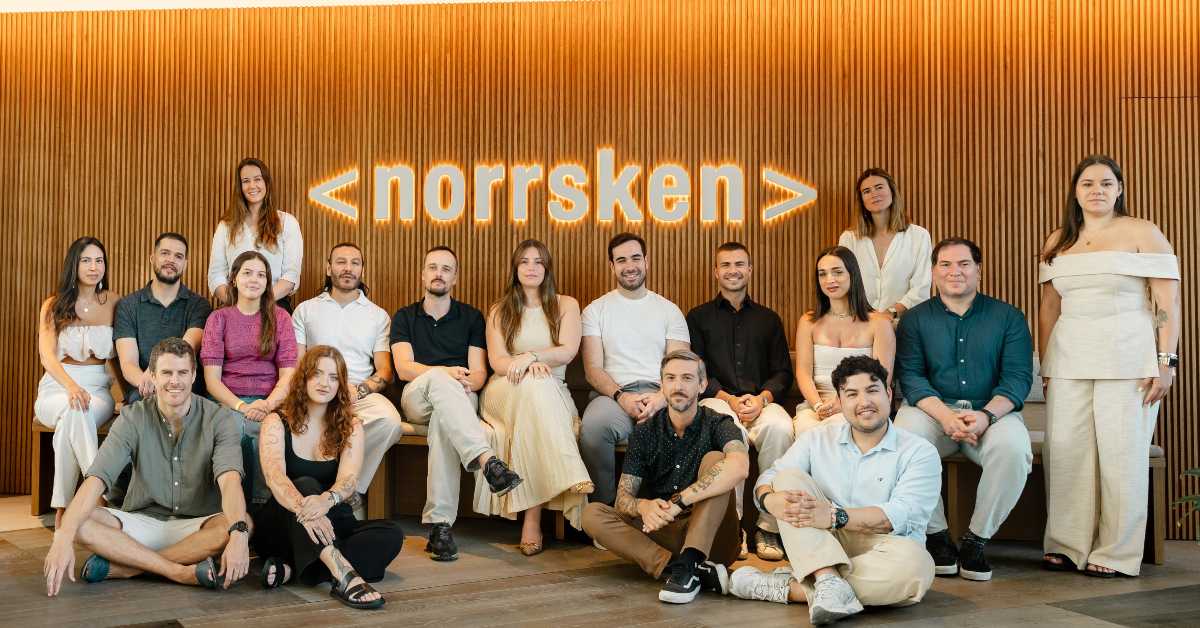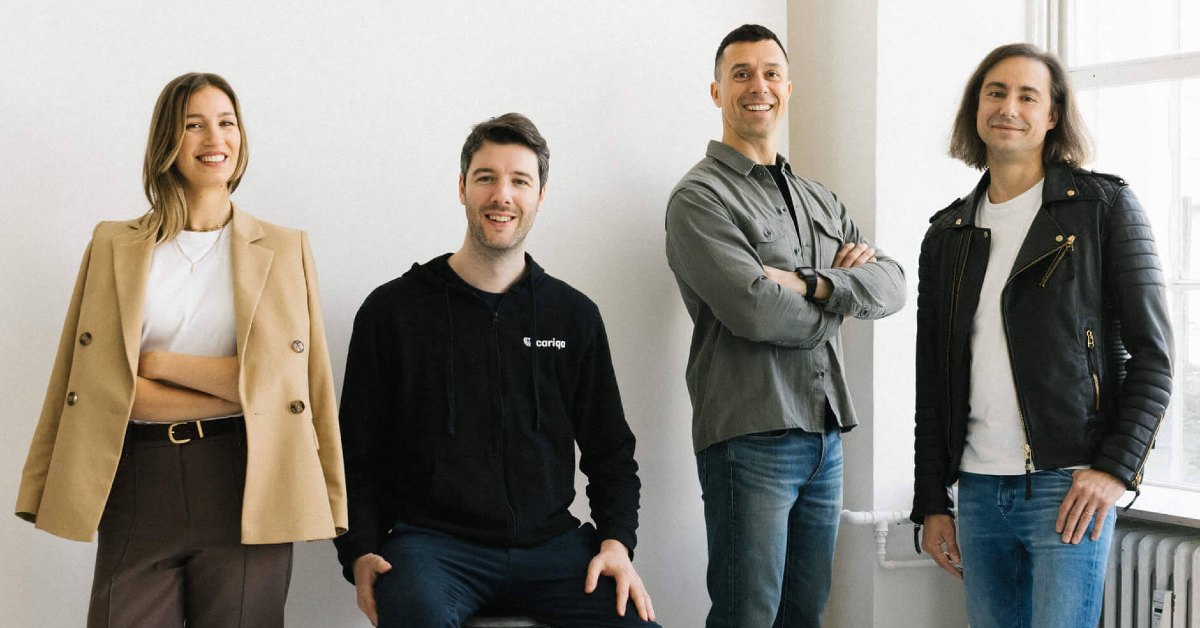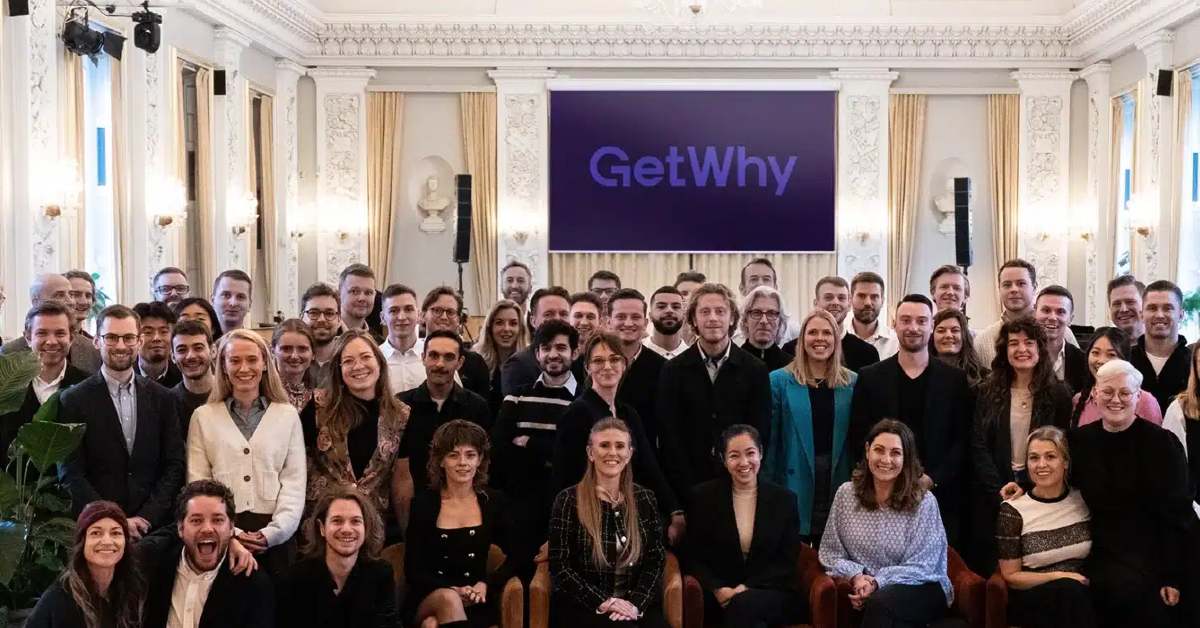London-based Materials Nexus, a deeptech company that processes quantum calculations, announced on Wednesday that it has raised £2M (approximately €2.33M) in a fresh round of funding.
The company says the funds will be used to launch its “ground-breaking” AI and quantum mechanics technology, which accelerates the discovery and development of sustainable, cheaper, higher-performing materials.
Investors in this round
The investment was led by Ada Ventures with further investment from High-Tech Gründerfonds, The University of Cambridge, and National Security specialists MD One Ventures.
New institutional investor Michael Eisenberg at Genuine Capital Ventures, and angel investors Jasmin Thomas, Andrew MacKay and Hugh Smith also participated in this round.
“Accelerating change to net-zero materials”
Founded in 2020 by Jonathan Bean, Materials Nexus aims to develop next-generation materials for daily things that are environmentally friendly.
It employs artificial intelligence to discover more sustainable, less expensive, and higher-performing alternatives to the advanced materials required to construct the technologies essential for a net-zero society.
The company’s software can accurately forecast the qualities of sustainable materials as well as the costs and procedures associated with scaling and producing them – all in a matter of months.
According to Materials Nexus, the development of sustainable materials is based on a gradual experimental method currently, which is time-consuming, expensive, and can result in decreasing returns.
The UK-based startup is dedicated to improving a wide range of net-zero technologies, including renewable energy production, energy storage, and electric mobility, by revamping the advanced materials that support them, resulting in higher efficiency, performance, and sustainability, as well as reduced prices.
Founder Jonathan Bean says, “As a society, we rely heavily on advanced materials to build the technologies which are vital for a net-zero world. These include magnetic materials used for clean energy solutions like wind turbines and electric vehicles, and precious metals for producing green hydrogen.”
“In the UK alone, there are almost 11,500 wind turbines and more than 810,000 fully electric cars on the roads. Globally, there are currently 314,000 turbines and an additional one million are needed to meet our energy needs. But the mining and processing of rare-earth materials to build them emits over eight million tonnes of CO2 plus other greenhouse gases in addition to using lots of water and toxic chemicals – and this will naturally increase as more of us switch over to green technologies.”
“Our mission is simple – to discover more sustainable materials which governments and companies can use to build green technologies, in a way that’s commercially viable,” adds Bean.
Capital utilisation
Instead of ‘renting’ its material design method as a SaaS platform, Materials Nexus is collaborating with companies ranging from SMEs to FTSE 100 firms to discover novel materials that can be patented.
These can be licensed to current producers, but the UK-based startup’s primary goal is to establish facilities to make the materials and then sell them to major corporations like original equipment manufacturers.
Materials Nexus says that the money will help launch real-world initiatives to show the usefulness of its AI capabilities. Finding alternate materials for batteries and semiconductors, which are omnipresent in today’s society, from mobile devices to solar cells, is one of the applications.
Another possible application is superconductors, used in green technologies such as Maglev transport, which currently relies on materials that require significant cooling or high pressure.
Materials Nexus has more than quadrupled its staff in the last six months with important technical additions and is now looking to expand with more people enthusiastic about sustainability across all business activities.










01
From telecom veteran to Dutch Startup Visa success: The Jignesh Dave story